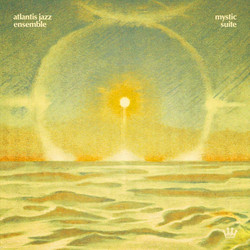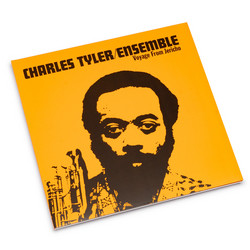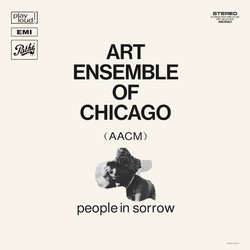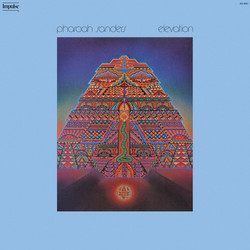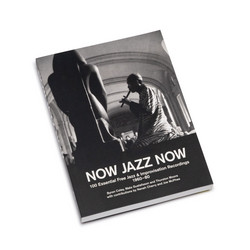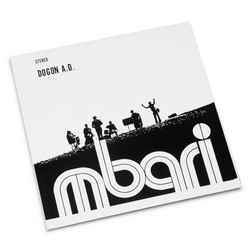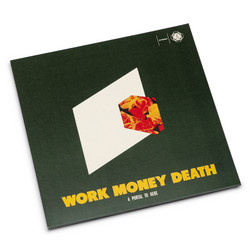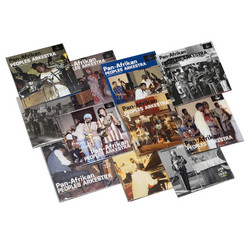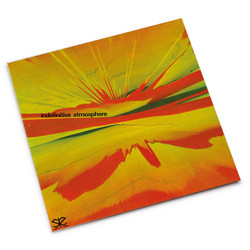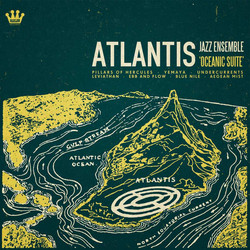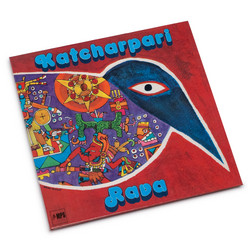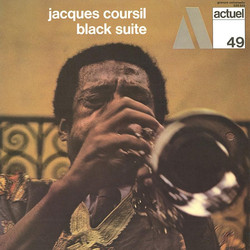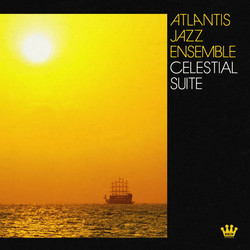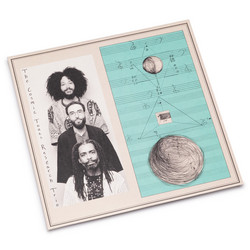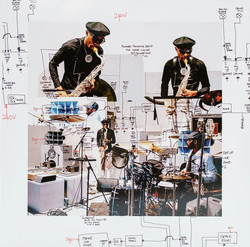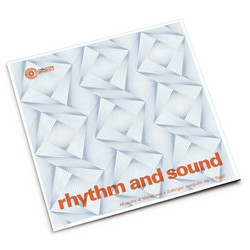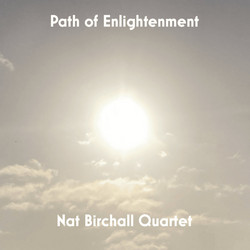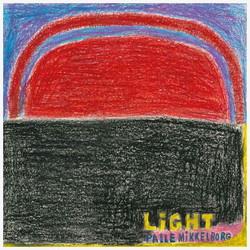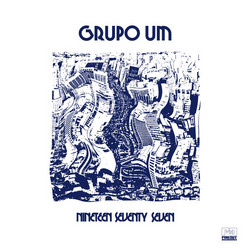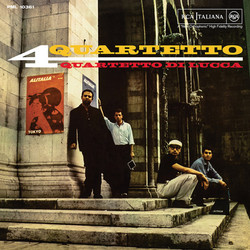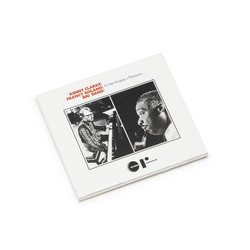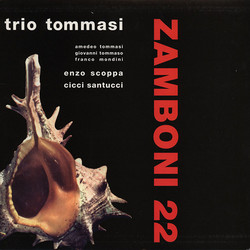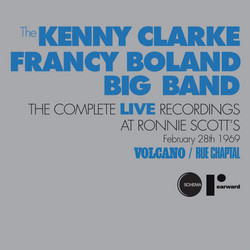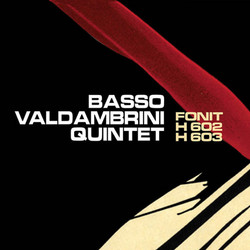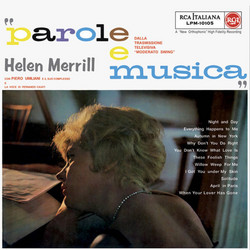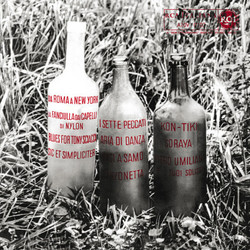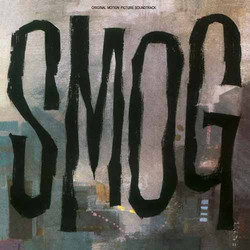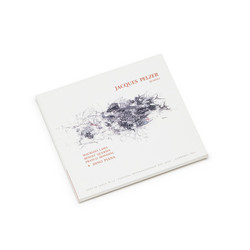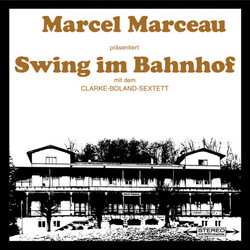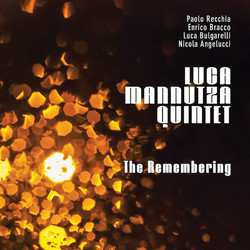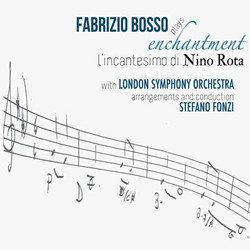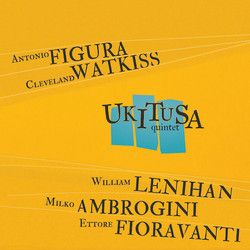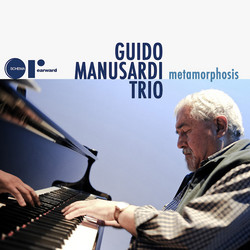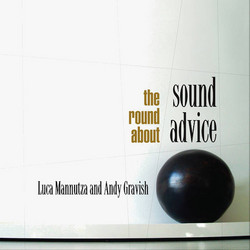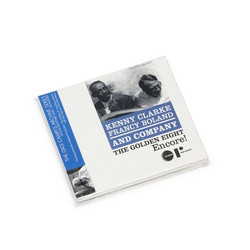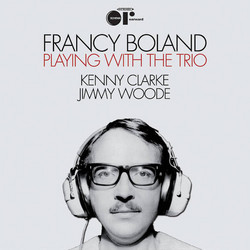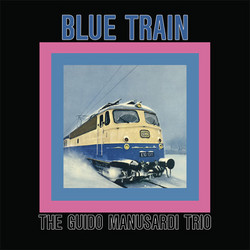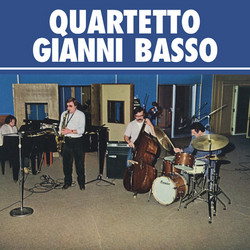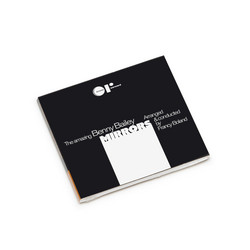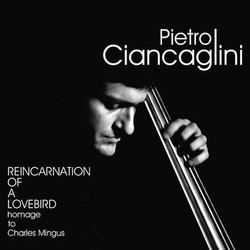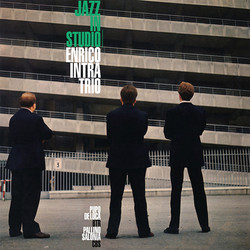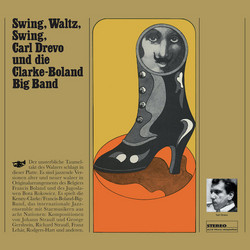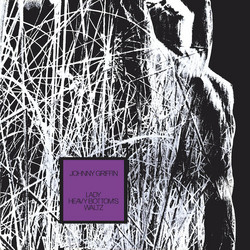Quartetto Di Lucca
Quartetto Di Lucca (LP+CD)
*2022 stock* It is quite rare to discover on the Italian Jazz scene a successful ensemble, which passed unscathed through years. Bands are usually weakened or put in crisis, most of the times caused by sudden changes in line-ups. The “Quartetto di Lucca” is a band of young players which formerly were part of the amateurial “Hot Clubs” and some years ago debuted among the pros.
The quartet of Lucca, however, has a peculiarity of its own, the ability to defend the results and the continuity of a fruitful collaboration with a compromise: the pure jazz calling, more congenial and relevant to the quartet, is flanked by a more pop concert activity with the specific aim of ensuring the survival of the first through the latter.
The band was born as a quintet at the end of 1957, with the actual members accompanied by the guitarist Gaetano Mariani, who left the ensemble in the summer of 1961.
1958 had seen their official debut in Rome at Quirino Theatre, in occasion of a contest reserved to rising Jazz stars in which they were awarded first prize. A few months later, they recorded their first album as a quintet for RCA Italy. It was the birth of a fruitful collaboration, which still lasts.
Between 1958 and 1959 the quintet toured extensively; in 1959 the famous venue “Il Bussolotto”, located on the wonderful coast of Tuscany, hired them to play among the finest Italian jazzmen and in that occasion they had been chosen to support the second tour Chet Baker did in Italy.
The band had the opportunity to play for six months in the USA, a period in which they could listen to American musicians in their environment and discover the latest trends.
Once back in Italy, bassist Giovanni Tommaso and vibraphonist Antonello Vannucchi took part independently in countless gigs and played with international artists like John Lewis, Kenny Clarke, Chet Baker, Buddy Collette, Bobby Jaspar and René Thomas. This experience was vital for the ensemble, which came back on stage invigorated in the summer of 1961. The “Jazz Cup” award, the most important radio show organised by RAI (Italian national radio and television) was their crowning moment.
They were then featured in another famous radio show, “Jazz in Italia” and many gigs followed. The band performed a series of concerts playing with a more pop edge at the famous summer club “La Capannina” at Forte dei Marmi for two consecutive seasons.
Again, in the jazz scene they reached new heights, with other 15 radio shows, TV appearances on which they had the chance to play along with Sonny Rollins and Toot Thielemans.
This Jazz LP highlights the most peculiar and characteristically qualities of the quartet: the sharp and conscious language research, the perfect technique of the musicians displayed in their solos, the fine choice of repertoire articulated around original themes and the versatile improvisation.
A fine taste for language and structure innovation can be found in songs like “Quartetto” and “Estate ‘61”, both written by Vito Tommaso. “Quartetto” is an innovative piece whose vivid and engaging core is underlined by major chords with solos of piano, vibraphone and bass.
“Estate ’61”, harmonically adherent to the traditional blues structure, is in the first part enriched by atmospheric tones and nuances; then a spectacular series of solos is concluded by the bass which leads all to the exquisite ending.
Solos are consistent and technically exceptional: “Blues for Carole n. 2” and “Like Someone in Love” are evidences of the technical expertise and creativity of Giovanni Tommaso. The latter, a tender ballad written by Jimmy Van Heusen, is interpreted with intense rapture by Vannucchi, who exalted the beauty of the melody.
“Soft Winds” is a well known theme by Benny Goodman: the version by Aldo Vannucchi is particularly captivating, with a series of charming solos.
“Gabry”, written by Vannucchi, is a homage to the brief but intense season of west coast jazz and to the players belonging to that scene.
“Night in Tunisia” is the only song coming from a Bop background: one of the most successful themes by Dizzy Gillespie is the moment to state the maturity of the quartet and his instrumentalists as soloists. A trenchant and solid interpretation, proof of the quartet’s refined formal research, intuition and fruitful cooperation. - Alfredo Luciano Catalani
